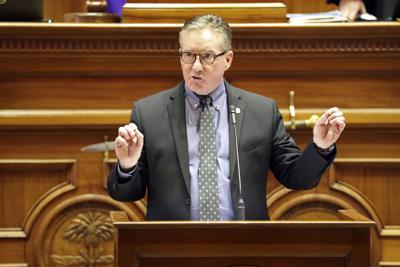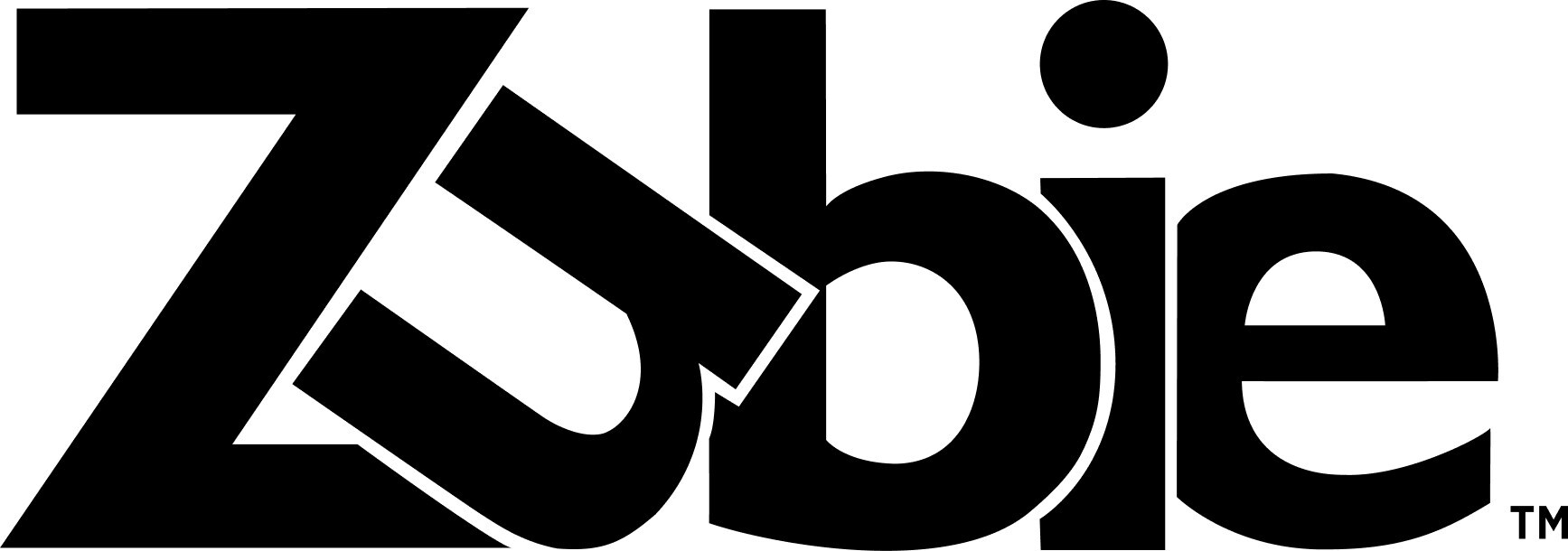The main reason South Carolina has some of the worst-performing charter schools in the nation is a loophole in state law that allows private colleges to unilaterally grant themselves the power to authorize any would-be charter school they like to collect our tax dollars and offer to educate our kids. Yeah, it’s about the craziest thing we’ve ever heard of, and the surest way to fix the problem so charter schools live up to their tremendous promise — as they are doing in nearly every other state except South Carolina — is to close that loophole. But thanks to muscular lobbying by those self-appointed “authorizers” at tiny Erskine and Limestone colleges and a mistaken notion that holding charter schools accountable is somehow an attack on school-choice efforts, legislators have shown no inclination to do that.
That’s astounding; “choice” advocates should be the first in line calling for reforms, so those choices can work as well here as they do elsewhere. Fortunately, after several years of fits and starts, the Senate Education Committee voted unanimously Tuesday to advance Chairman Greg Hembree's bill that could mostly solve that self-appointed authorizer problem and increase the quality of education our state's children receive from charter schools. Before we explain, a quick recap: Charters are public schools that can be started by anyone — a nonprofit, a business, a group of teachers — without any demonstrated need.

They have only to get approval from an authorizer — originally just a public entity — and once started, they have a lot more flexibility than traditional schools. In return, they have to close if they receiving failing grades on state evaluations three years in a row. That three-year failure rule is central to the whole idea of charter schools, and it’s a rule that in other parts of the country has resulted in impressive results with charters, which at their best serve as laboratories of experimentation.
The loophole in S.C. law that allows private colleges to declare themselves authorizers has had three particularly bad effects: It has allowed some failing schools to use a process called “authorizer shopping” to transfer to a new authorizer and avoid closing down.
It has invited tremendous conflicts of interest for the authorizers, which get to keep part of their charter schools’ state funding, and so are incentivized to grade on a curve. And it has resulted in other forms of profiteering and conflicts, as “management companies” with close ties to authorizers sell their services to the schools, many of which are afraid not to purchase them, for fear of being de-authorized. S.
454 doesn’t eliminate private-college authorizers, but it allows the S.C. Education Department to shut down individual authorizers, and it makes it easier to prevent authorizer shopping and thus more likely that failing schools will be closed.
It also imposes anti-nepotism and other conflict-of-interest rules on charter authorizers and management companies, along with a raft of transparency requirements. The transparency provisions address the most recent problem to pop up, when the state’s largest private-college authorizer declared that it wasn’t subject to the state’s Freedom of Information Act; S.454 leaves no doubt that it is.
The bill isn’t perfect. Although it allows the Education Department to de-authorize a charter authorizer after “continuous poor performance over a period of three years,” it doesn’t say what poor performance means. Likewise, it suggests but doesn’t clearly say the department can refuse to allow a college that isn’t already a charter authorizer to become one, and it doesn’t explain the basis for a rejection.
We urge senators to provide more clarity here, but mostly we urge senators to approve this bill and send it on to the House. We’ve allowed self-appointed authorizers to control the destiny of our charter schools for far too long, with too many disappointing results. It’s past time to correct that.
Click here for more opinion content from The Post and Courier..
Technology

Editorial: SC has almost no say over charter schools it funds; Senate bill would fix that (copy)

The main reason South Carolina has some of the worst-performing charter schools in the nation is a loophole in state law that allows private colleges to unilaterally grant themselves the power to authorize any would-be charter school they like to...















